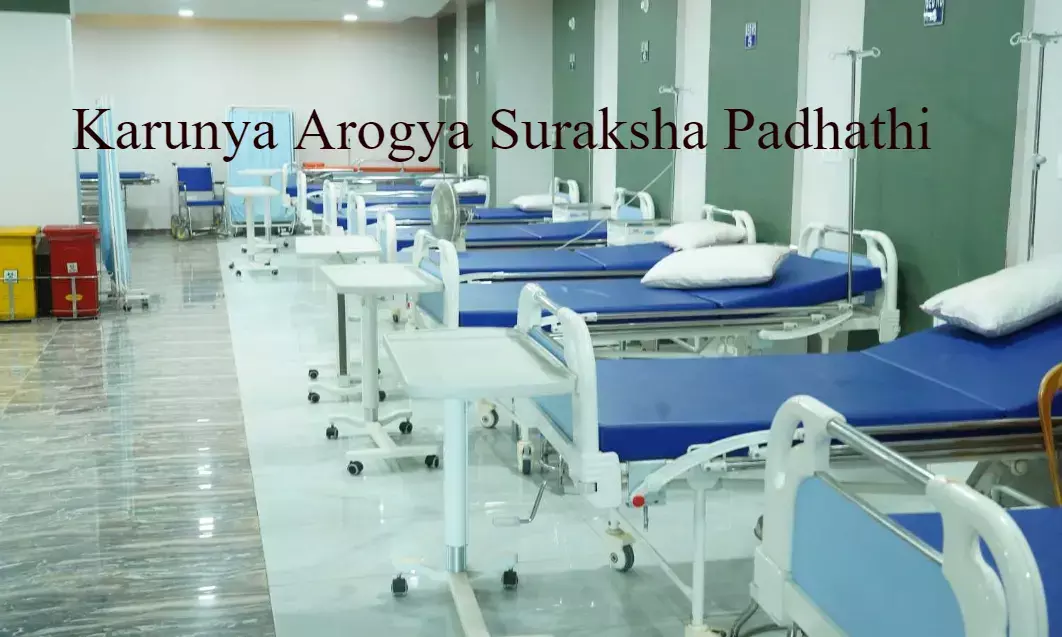- Home
- Medical news & Guidelines
- Anesthesiology
- Cardiology and CTVS
- Critical Care
- Dentistry
- Dermatology
- Diabetes and Endocrinology
- ENT
- Gastroenterology
- Medicine
- Nephrology
- Neurology
- Obstretics-Gynaecology
- Oncology
- Ophthalmology
- Orthopaedics
- Pediatrics-Neonatology
- Psychiatry
- Pulmonology
- Radiology
- Surgery
- Urology
- Laboratory Medicine
- Diet
- Nursing
- Paramedical
- Physiotherapy
- Health news
- Fact Check
- Bone Health Fact Check
- Brain Health Fact Check
- Cancer Related Fact Check
- Child Care Fact Check
- Dental and oral health fact check
- Diabetes and metabolic health fact check
- Diet and Nutrition Fact Check
- Eye and ENT Care Fact Check
- Fitness fact check
- Gut health fact check
- Heart health fact check
- Kidney health fact check
- Medical education fact check
- Men's health fact check
- Respiratory fact check
- Skin and hair care fact check
- Vaccine and Immunization fact check
- Women's health fact check
- AYUSH
- State News
- Andaman and Nicobar Islands
- Andhra Pradesh
- Arunachal Pradesh
- Assam
- Bihar
- Chandigarh
- Chattisgarh
- Dadra and Nagar Haveli
- Daman and Diu
- Delhi
- Goa
- Gujarat
- Haryana
- Himachal Pradesh
- Jammu & Kashmir
- Jharkhand
- Karnataka
- Kerala
- Ladakh
- Lakshadweep
- Madhya Pradesh
- Maharashtra
- Manipur
- Meghalaya
- Mizoram
- Nagaland
- Odisha
- Puducherry
- Punjab
- Rajasthan
- Sikkim
- Tamil Nadu
- Telangana
- Tripura
- Uttar Pradesh
- Uttrakhand
- West Bengal
- Medical Education
- Industry
Private Hospitals Contemplate Treatment Halt for Karunya Arogya Suraksha Padhathi (KASP) Patients

Kochi: Private hospitals in Kerala are gearing up to cease the treatment of patients covered under the Karunya Arogya Suraksha Padhathi (KASP) from next month. The decision comes in response to accumulating arrears owed by the state government and its reluctance to implement the Health Benefit Package (HBP) Version 2.2.
The mounting arrears owed by the state government have strained the financial capabilities of private hospitals, prompting this drastic measure. The hospitals claim that despite repeated pleas and negotiations, the government has failed to address the long-pending arrears, which now threaten the continuous provision of healthcare services to KASP beneficiaries.
The KASP, which went into effect in 2020, is a combination of many federal and state health insurance programmes. It provides yearly health coverage for secondary and tertiary hospitalization of up to Rs 5 lakh per household. According to the State Health Agency, Kerala, it serves over 64 lakh beneficiaries, or 42 lakh impoverished and vulnerable families, who make up the lowest 40% of the state's population.
The government's reluctance to switch to HBP 2.2, which provides improved benefits to beneficiaries and empaneled hospitals, particularly in terms of procedures and package rates, is another concern for KPHA. Hussain Koya Thangal told The New Indian Express," We have no option but to withdraw from the scheme. It is straining our resources, and small hospitals, particularly in rural areas, are finding it difficult to survive." He further added that Kerala is still following the HBP 2.0 rules, which is not in favour of hospitals or beneficiaries. Significant improvements have been made to the new version, which should soon be implemented in Kerala.
Previously KPHA filed a contempt petition regarding the implementation of HBP's new updated version, the government issued an order on November 15 and clarifies that the government would not implement the revised HBP. The order stated that the state's current financial position precluded the implementation of the amended rates and that the issue may be revisited when Central aid is increased. The existing rates, the association argues, are not reflective of the complexities and expenses associated with healthcare delivery, leading to financial problems for private healthcare facilities participating in the KASP initiative, reports the Daily.
Dr. E K Ramachandran, Chairman of TM Hospital in Chettuva, highlighted the precarious situation faced by hospitals in rural areas, particularly those unable to turn away critically-ill patients or those requiring essential procedures such as dialysis. TM Hospital, situated in the coastal and rural region of Thrissur, disclosed a burden of pending arrears amounting to Rs 45 lakh, underlining the financial strain faced by healthcare providers in these areas. Dr. Ramachandran emphasized the critical need for a sustainable financial model to ensure the continued provision of quality healthcare services.
“Presently, 50 hospitals have stopped admitting patients covered under the scheme. We will be compelled to cease cooperation with the government unless there is an enhancement to the scheme and the pending amount is cleared in a timely manner,” he said.
Sanchari Chattopadhyay has pursued her M.A in English and Culture Studies from the University of Burdwan, West Bengal. She likes observing cultural specificities and exploring new places.




